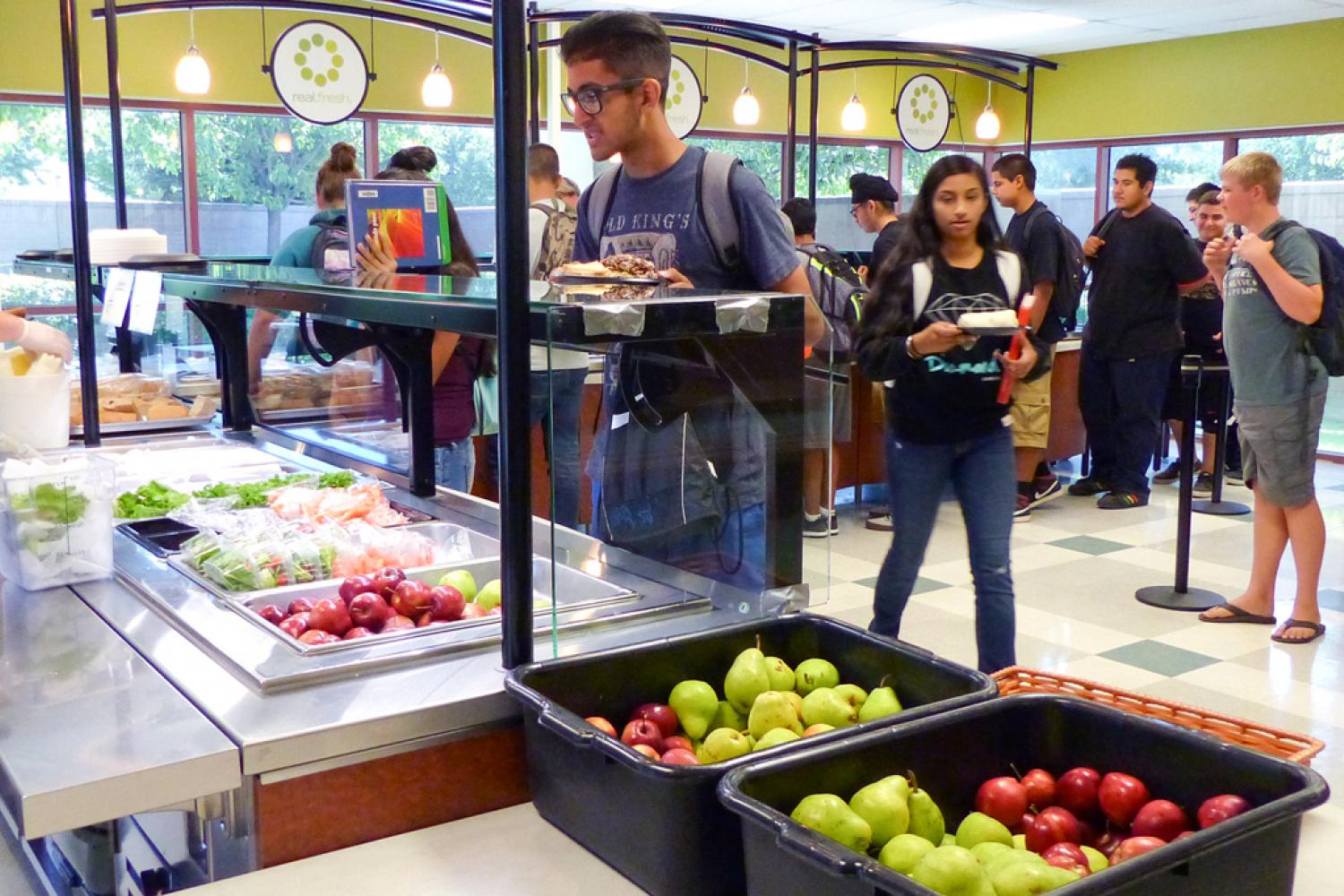
Governor Newsom’s May Revise of the 2021 California state budget took an important first step by providing funding to encourage schools to participate in federal universal school meal provisions. However, up to 50% of California’s public schools with 2.9 million students still may not qualify to serve universal free meals. More state funding is needed to make free school meals available to every California student.
The $150 million in the May Revise would incentivize participation in Community Eligibility Provision (CEP) and other federal provisions that allow some schools to provide all meals for free. Schools are eligible for CEP if the identified student percentage — based on the number of students who are directly certified through programs like CalFresh and Medi-Cal — is greater than 40% of the school, or group of schools, in a school district. According to our analysis of data from the Food Research and Action Center and the California Department of Education:
- Current Participation in CEP: 38% of California’s public schools — with 2,197,518 students — are currently participating in CEP.
- Eligible, Not Participating: 12% of California’s public schools — with 639,737 students — are eligible for CEP, but are not participating. These are the schools and students that stand to benefit most from the Governor’s proposal.
- Not Eligible, Not Participating: 51% of California’s public schools — with 2,958,902 students — are neither eligible for CEP nor currently participating. These are the schools and students that could be left behind.
Given the number of students who still may not have access to the nutrition they need to learn under the May Revise proposal, the Center for Ecoliteracy, alongside a coalition of over 200 organizations, is supporting the California Legislature's alternate proposal of School Meals for All. Fully implementing universal free meals is especially important for families who fall through the cracks in the current system: eligible families concerned that submitting required paperwork could affect their immigration status, families of four that make more than $48,470 per year and still go hungry, and eligible students who don’t participate because of the stigma associated with qualifying for a free meal.
